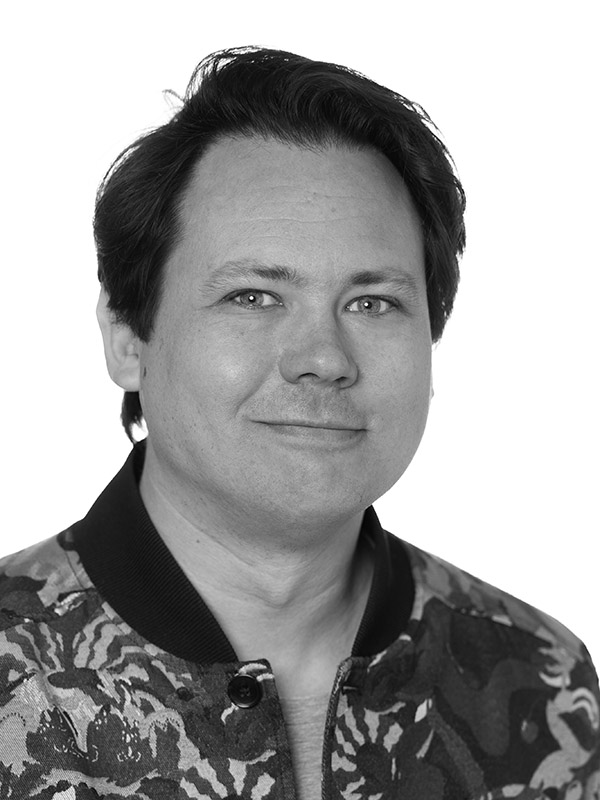The seminar will be commented by Nikolai Olavi Czajkowski (Department of Psychology, UiO), who is heading the working group on AI at the Faculty of Social Sciences, and moderated by Hilde Reinertsen (TIK/ILN, UiO).
Abstract
Combinations of co-word analysis and visual network analysis, also known as semantic network analysis, to visualize the topical structure of a debate, followed by close reading and qualitative annotation, is a tried and tested approach in digital controversy mapping. It has been the method of choice in many projects, primarily because of the relative legibility of a visual network of co-occuring noun-phrases and its ability to support readers in formulating questions and hypotheses for further qualitative exploration. It can also, however, be a prohibitively labor-intensive process if the goal is to produce a comprehensive qualitative annotation of a very large textual corpus. This is an inconvenient position to be in for a research project that needs to respond and adapt to pivotal ongoing events. We recently faced this situation in a project that maps artificial intelligence controversies. As pointed out by Lucy Suchman (2023), there is a need to counter the “thingness” of AI and attend instead to some more basic questions such as “what is the problem for which these technologies are a solution? According to whom?” Answers to such questions can only be found in specific and shifting situations and being able to respond to those shifts is therefore of critical importance.
About the lecturers
Anders Kristian Munk is Professor of Computational Anthropology in the Section for Human-Centered Innovation at DTU Management. His research focusses on controversies about emerging technologies, particularly in relation to artificial intelligence and the green transition. Over the past decade he has worked to integrate computational methods in more qualitative traditions, particularly in relation to digital ethnography. In that capacity he has co-founded the Public Data Lab, The Techno-Anthropology Lab, and MASSHINE, the latter two of which he has also directed. He holds a D.Phil. in Geography from the University of Oxford and has been a senior visiting researcher at the SciencesPo médialab in Paris.
His research focusses on controversies about emerging technologies, particularly in relation to artificial intelligence and the green transition. Over the past decade he has worked to integrate computational methods in more qualitative traditions, particularly in relation to digital ethnography. In that capacity he has co-founded the Public Data Lab, The Techno-Anthropology Lab, and MASSHINE, the latter two of which he has also directed. He holds a D.Phil. in Geography from the University of Oxford and has been a senior visiting researcher at the SciencesPo médialab in Paris.
Read more about him here.
Mathieu Jacomy is Doctor of Techno-Anthropology![]() and assistant professor at the Aalborg University Tantlab and MASSHINE center. He was a research engineer for 10 years at the Sciences Po médialab in Paris, and is a co-founder of Gephi, a popular network visualization tool. He develops digital instruments involving data visualization and network analysis for the social science and humanities. His current research focuses on visual network analysis, digital controversy mapping, and machine anthropology. He toots at @jacomyma@mas.to and blogs at reticular.hypotheses.org.
and assistant professor at the Aalborg University Tantlab and MASSHINE center. He was a research engineer for 10 years at the Sciences Po médialab in Paris, and is a co-founder of Gephi, a popular network visualization tool. He develops digital instruments involving data visualization and network analysis for the social science and humanities. His current research focuses on visual network analysis, digital controversy mapping, and machine anthropology. He toots at @jacomyma@mas.to and blogs at reticular.hypotheses.org.
Read more about him here.
How to participate
The seminar is open to everyone, but we kindly ask you to register by sending an email to Lara Kristiansen by 10 AM on 13.03.2024.